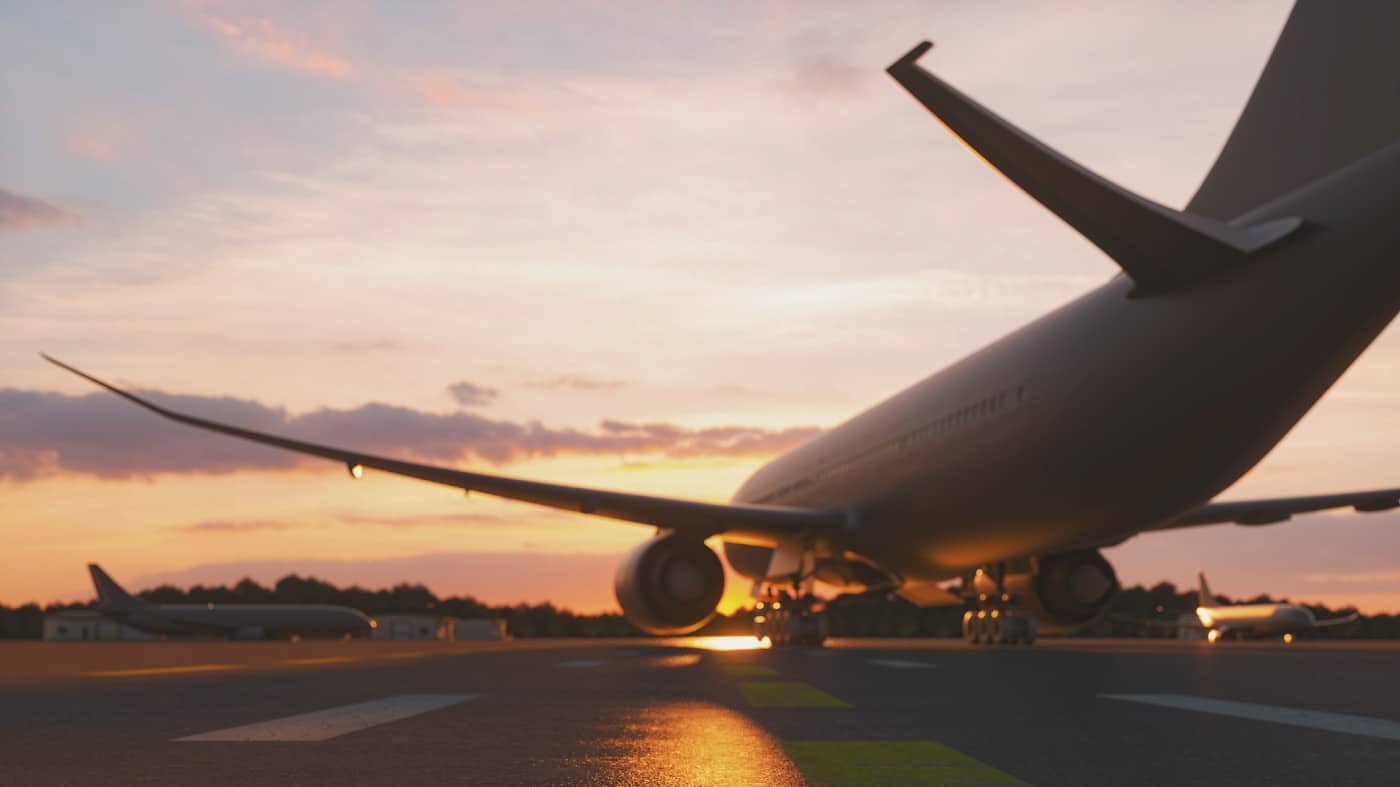Shares in British Airways’ parent IAG (LSE: IAG) have moved up less than 2% in the past year. But what would my return be if I had bought IAG shares three years ago?
Challenging period
Aviation as an industry goes through unforeseen challenging periods from time to time, whether due to a terrorist attack or volcanic eruption. Such events can see revenues plummet. Meanwhile, other events like an oil price surge can mean costs soar. In fact, I think the basic economics of the business are quite unattractive as there are so many significant variables outside airlines’ control.
On 21 February 2020, IAG shares closed at £4.10 each. That was a Friday. On the Monday, they fell to £3.75 each, and on the Tuesday, they fell again.
As the pandemic spread and travel slumped, IAG shares kept falling. By September of that year, they were changing hands for under a pound each.
Three-year return
Since then, they have recovered strongly. If I had bought in at the 2020 lows, I could have profited handsomely.
But of course, it was not obvious back then that the lows would end up being lows. Some airlines went to the wall during the pandemic. IAG remains scarred, with net debt of around €11bn, reflecting the huge losses inflicted by pandemic-era travel restrictions.
If I had bought the shares three years ago today, I would be 60% down on the cost of my investment.
Beyond capital gains (or losses)
Share price movement is not the only way a shareholder might generate a return, though. There can also be dividends to consider.
Back in 2019, IAG paid 31c per share in ordinary dividends. There was also a 35c per share special dividend.
That sort of income potential could well have tempted me to buy IAG shares in early 2020.
But I would have been disappointed. Those 2019 dividends were the last ones to date. If I continued to hold the shares now, though, I would be in line for any payouts if the dividends are brought back in future.
What about travel perks? After all, British Airways used to offer shareholders a discount on flights. Sadly, that benefit was scrapped when it merged with Iberia to form IAG.
A wing and a prayer
All told, then, tying my money up in IAG shares over the past three years would have involved a big opportunity cost at a time when there have been some amazing bargains in the stock market. I would now be sitting on a large paper loss.
If I had bought then and sold since, I would have an actual loss. IAG shares traded higher during 2021 than they do now, but they were still nowhere near their level of three years ago.
My investing lesson
As recent history demonstrates, airlines can destroy shareholder value on a big scale.
That is not limited to IAG. While IAG shares are 60% lower than five years ago, easyJet has done even worse. Its shares have tumbled 65% in that period.
The structural economics of the industry can mean airlines struggle to cope with sudden demand swings. Their profitability can suffer badly. For that reason, I have no plans to buy IAG shares for my portfolio.








